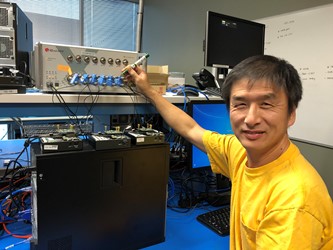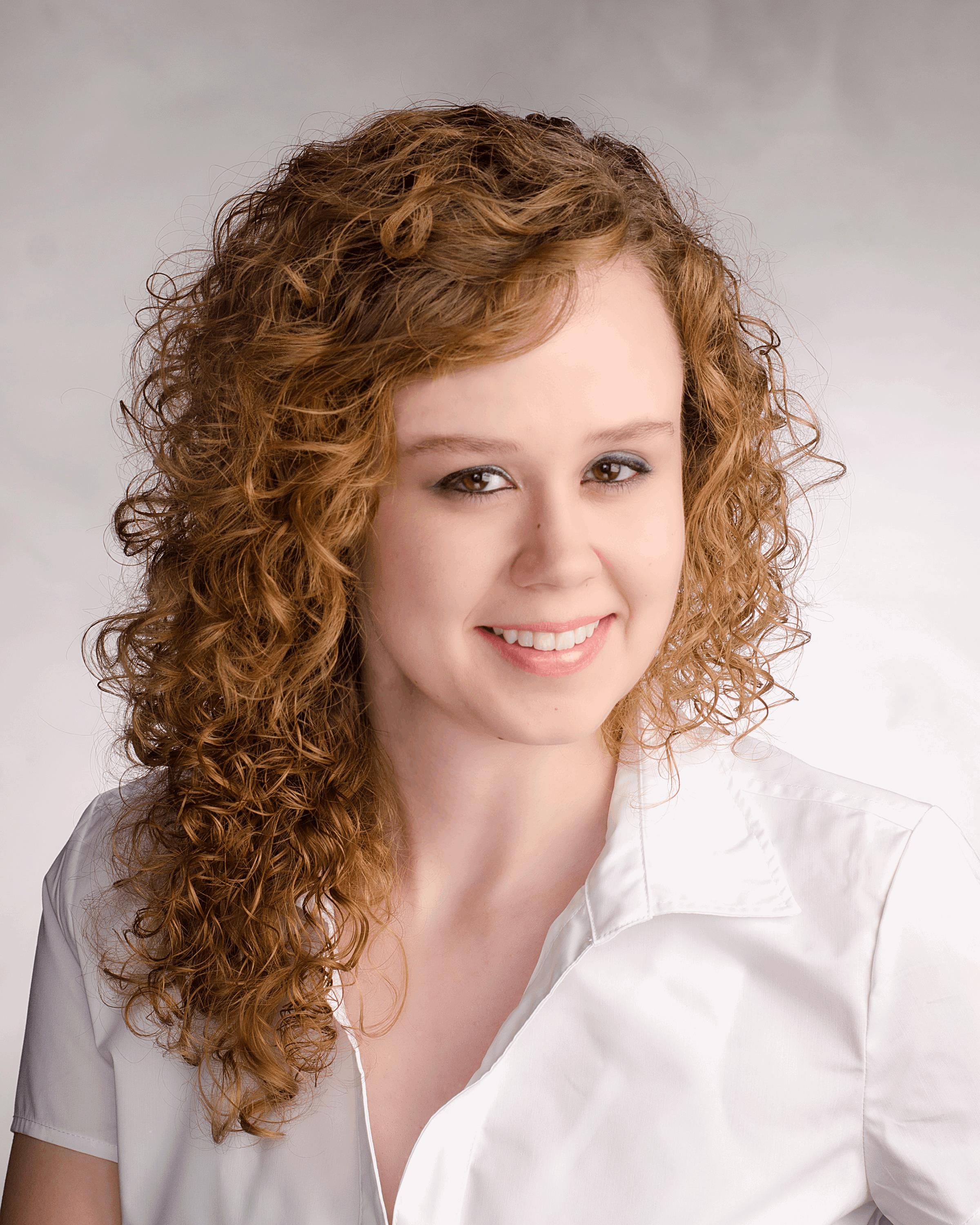Role Call: Senior Field Application Engineer

Does uncertainty about your future occupation keep you up at night? How do you know whether you are making the right career choice? Is the grass truly greener on the other side of the fence?
Role Call, a series on RF Globalnet, takes a “peek behind the curtain” to help answer the questions related to different jobs and career paths in the RF and microwave industry.
Recently, Kenny Lee, Senior Field Application Engineer at LitePoint, took time to answer some questions about his occupation. You might say that engineering is Kenny’s calling. He enjoys using both his engineering and communications skills to work closely with his customers to find the best solutions for their RF measurement challenges.
What does your position as a senior field application engineer currently entail?
As a senior field application engineer, my main function is to work with wireless customers to get their products into high-volume production. My main focus is doing whatever it takes to find solutions to their RF measurement problems. But I don’t set boundaries for what I do. I am often called upon to perform seemingly unrelated functions in engineering, marketing, and sales. At customer meetings, I often sit near the customer to emphasize that I am on their side.
What education/certifications are required for this position, and what are the continuing education/certification requirements?
A Bachelor of Science degree is required, and a Master of Science degree is preferred, but the learning never stops! The only way to become and remain a wireless expert is to commit to never stop learning. Take, for example, MIMO composite EVM: through education from coworkers and studying IEEE specs, I have learned how “overall EVM” and “individual power” measurements can be achieved. You will always need to learn something that you do not already know, but it is how you acquire that information that counts. My motto is, “knowledge in need is knowledge indeed.”
Did any previous positions help prepare you for your current role? If so, how?
Absolutely! I tell everyone, this is my dream job. My knowledge was accumulated through my jobs at other companies, which equipped me to become an expert in these technologies. I have held both hardware and software positions. I earned degrees in both electrical engineering and computer science. I am often referred to as an “expert,” based on my technical knowledge. I really enjoy that role.
My experience has prepared me well to tackle the unforeseen when I’m in the field. Many customers choose to build their products in China. As a native Chinese, and a naturalized U.S. citizen, I often bridge gaps between my customers and their manufacturing vendors (including translating Chinese “English” to Americanized English).
What experience did you need for your position? How long did it take you to reach the skill level that you are at now?
Because it is a flexible position, I think a person with any experience level can thrive as a field application engineer. I had more than 20 years of good, bad, and ugly experiences before arriving at LitePoint. Before this position, I worked on Wi-Fi and Bluetooth at various silicon companies. Before that, I was primarily working on embedded software, RTOS, and drivers. I have experience in embedded software design, RF hardware design, customer support, and internal collaboration. Miraculously, all of that has come into play at LitePoint.
What types of things did you need to learn on the job?
Because I work very closely with customers, I needed to learn to be a very effective communicator — especially listening. My job is to solve the customer’s problem, and I can only do that by being a very careful listener, so I can be more effective in asking questions. That’s how I’m able to truly understand the root cause of the customer’s concern and respond accordingly.
Of course, I need to know RF communication technology. You can’t have too much knowledge on RF measurements like EVM, power, and sensitivity.
What does a typical day in your position look like?
Each day varies, and my motto is to take care of one issue a day. On any given day, I could be on site with a customer to debug an issue, preparing for a demo, writing a document, collaborating with a software engineer, creating a Wi-Fi Beacon waveform — so the device under test can recognize the tester as an AP — fielding an impromptu question regarding channel rejection measurements for Wi-Fi and Bluetooth, filling in to shoot a marketing video, manning the booth at a trade show, or working with a customer.
When working with customers to design, re-design, develop, or test software programs and applications, how involved are you in each step of the process?
My goal is closure. Until a problem is solved, I do not let go. I own a customer’s issue as if it is my own. I have a case now where a customer is new to RF testing. They need the whole process and they have no part of the process developed. I am planning ahead in preparation (test jigs, test executives, path-loss, limits, logs, results, etc.). My approach is to lead, not follow. Guide the customer through the process and watch for key milestones.
What are the biggest personal/professional challenges that your work presents for you?
In work and in life, the biggest challenge is that things don’t always go according to plan. For example, I forgot my PC at a demo in San Francisco once. So, I borrowed someone else’s PC and installed everything via web download. I was delayed, but able to complete the demo. Often, a missing cable or an adapter can send us into a wild goose chase, but somehow, we always come through.
What specifically drew you to this career path?
The demand for more and more mobile data has led to increasingly complex wireless technologies. Because I enjoy solving tough problems, as a senior field application engineer, I am being paid to do what I’ve always loved. I never get bored.
What is your favorite part of your occupation?
The people. I get to make friends. I pride myself of being versatile and able to communicate with people from many different backgrounds. I love the people I work with and I love my customers.
We all have interests that are separate from work. What hobbies or other interests do you have outside the office?
Oh, where do I start? I like biking and rollerblading, and I use them to commute to work often. I also work with a youth orchestra, recording its performances. I edit and publish them on YouTube (Channel: CPYO Lee). And, I enjoy auto repair. Owing to my son, I recently repaired/up-kept/modified a BMW E90 335i.
What advice would you give to an individual just starting out in this field, both in terms of component design and professional development?
Give it your all! Pick “mistake” over “regret.”
…
If you’ve ever wondered what a day in your RF dream job looks like, or you just want to discuss a job you’re passionate about, contact the author at mstonefield@vertmarkets.com with story suggestions, or to volunteer as a Q&A subject.
About the Author
 Marissa Stonefield is a Web Content Specialist for Photonics Online, RF Globalnet, and Med Device Online. She graduated from Messiah College with a B.A. in marketing, and from the Community College of Beaver County with an A.B. in business administration. She has previously worked as a content writer for Vanko Trading Inc., and as a journalist for Examiner.com, and Weddings Year Round Magazine in Lancaster, Pa.
Marissa Stonefield is a Web Content Specialist for Photonics Online, RF Globalnet, and Med Device Online. She graduated from Messiah College with a B.A. in marketing, and from the Community College of Beaver County with an A.B. in business administration. She has previously worked as a content writer for Vanko Trading Inc., and as a journalist for Examiner.com, and Weddings Year Round Magazine in Lancaster, Pa.
